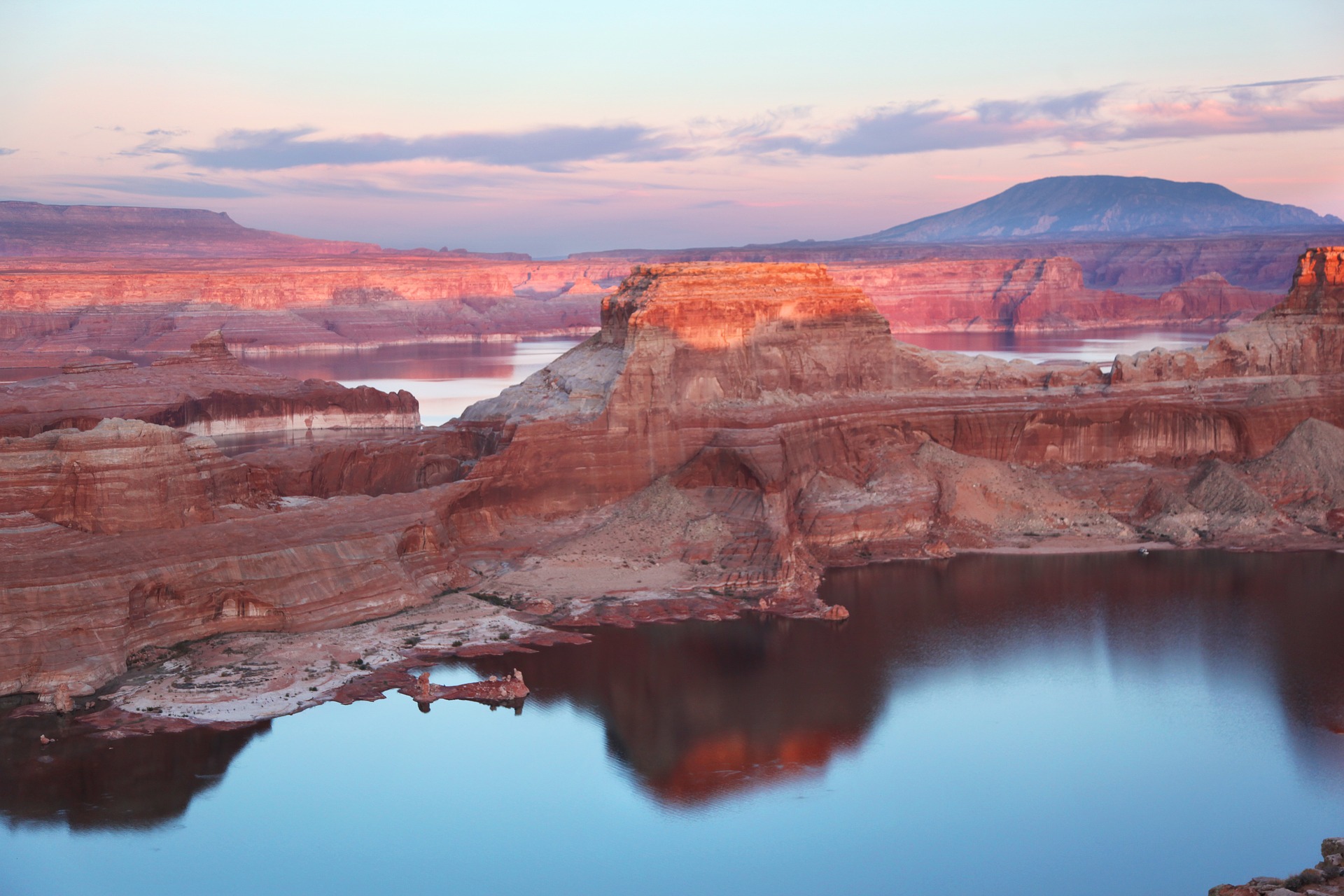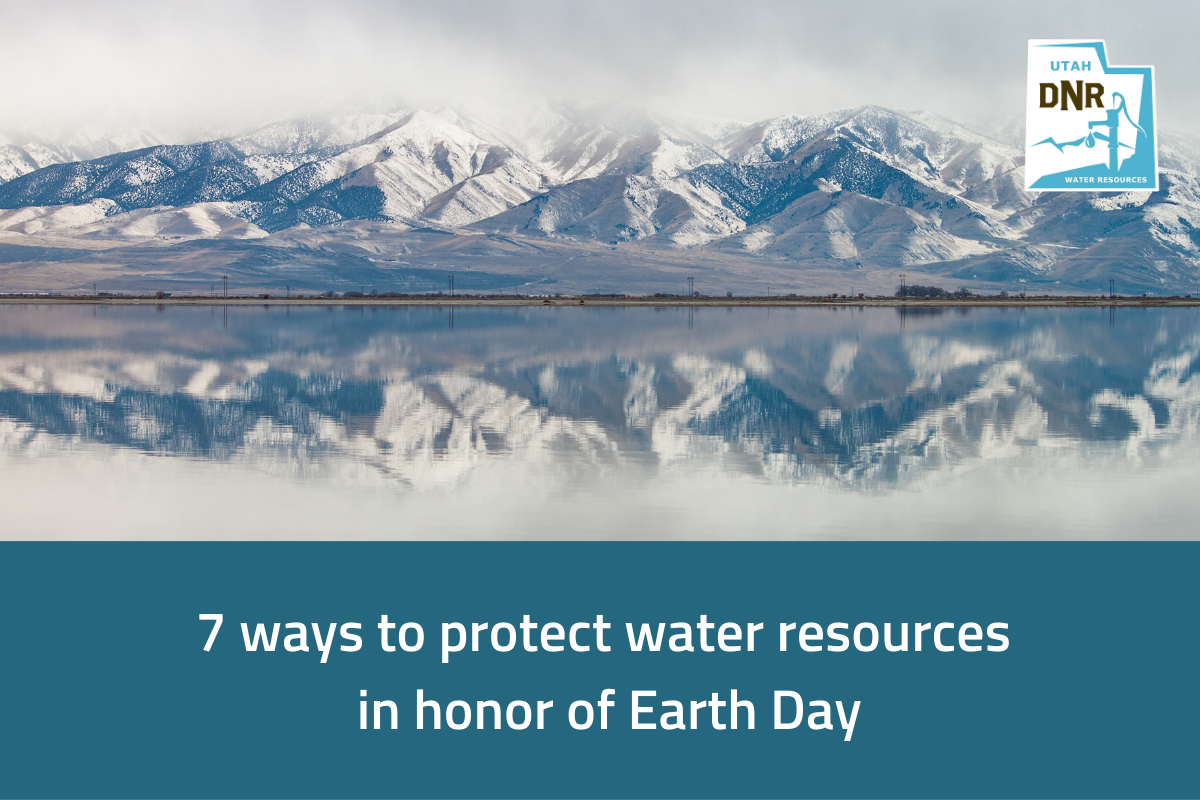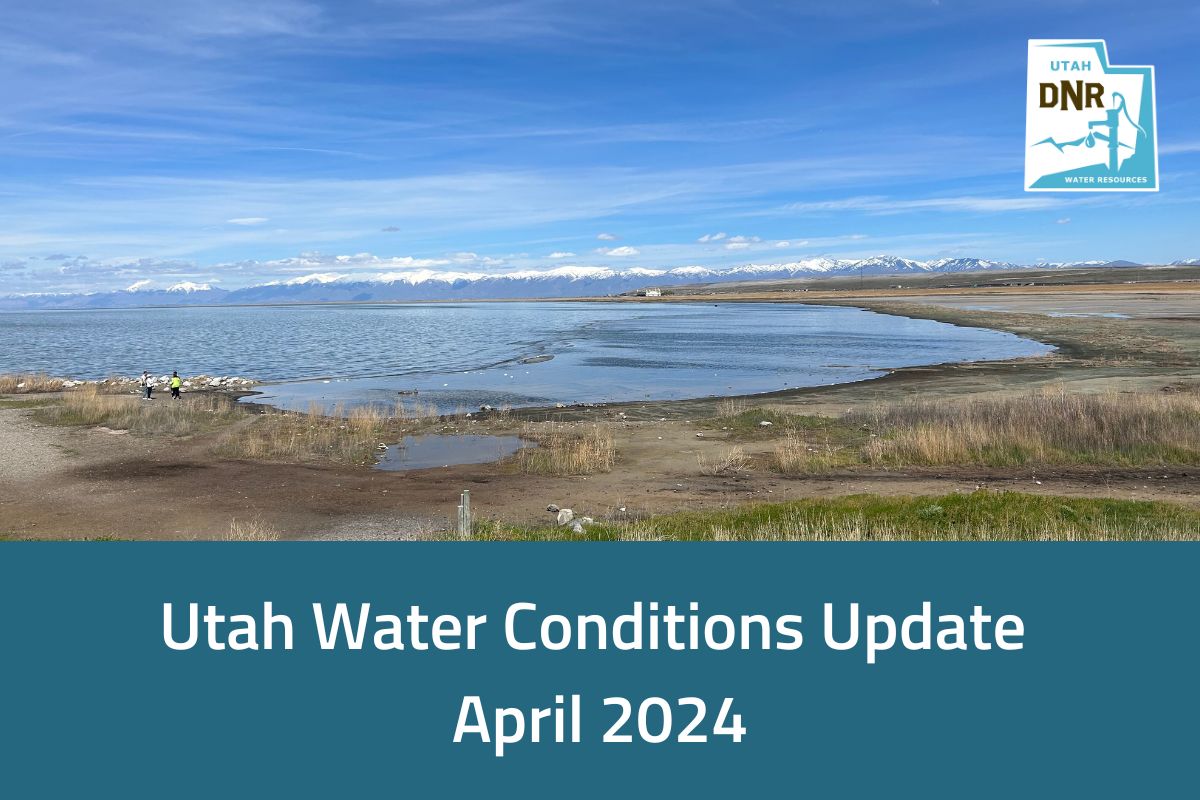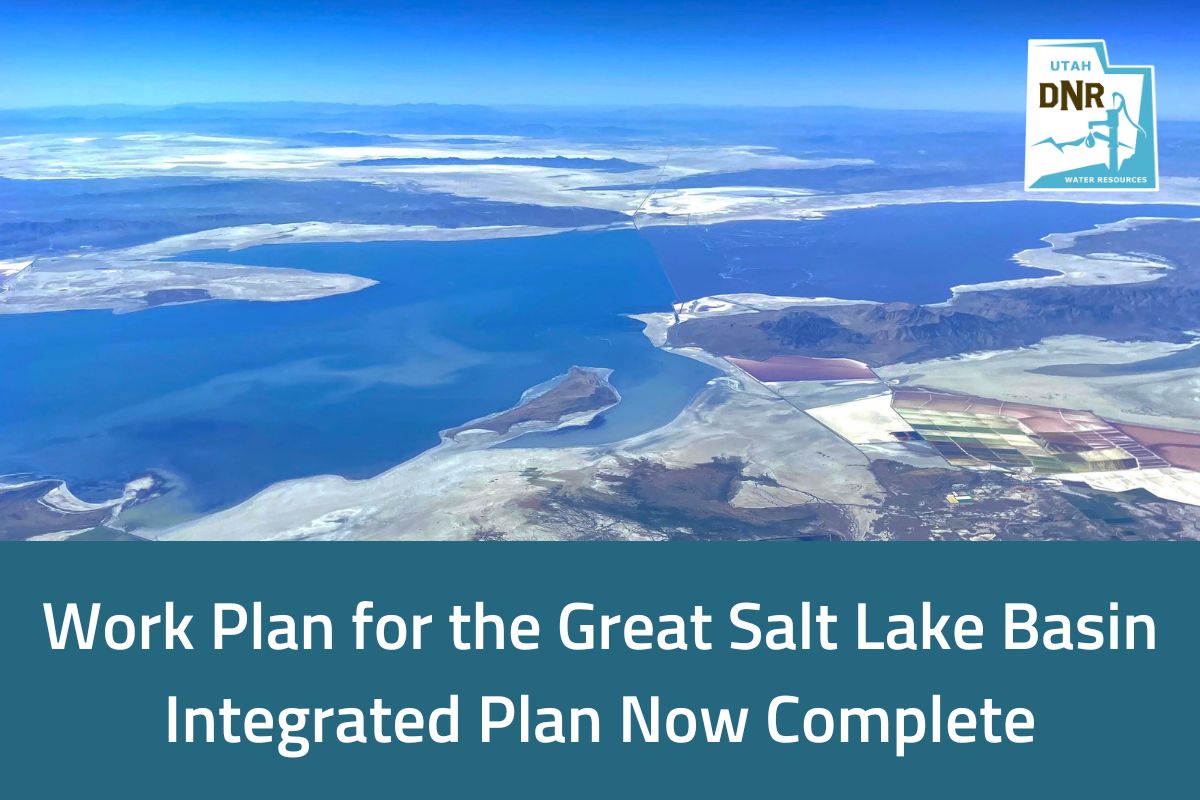The Utah Division of Water Resources and Washington County Water Conservancy District have requested an extended timeline from the Bureau of Reclamation (Reclamation) to consider comments received on the Lake Powell Pipeline’s draft Environmental Impact Statement (EIS) from the public, tribes, non-government organizations and fellow Colorado River Basin states.
“The Lake Powell Pipeline is a critical water infrastructure project for Utah,” said Todd Adams, director, Utah Division of Water Resources. “The extension will allow more time to consider the comments and complete further analysis, which will contribute to a more comprehensive draft and final EIS.”
Thousands of comments expressing both support and questions were received during the recent public comment period, which ended on Sept. 8. “We’re grateful to all those who have participated in the NEPA process,” said Zach Renstrom, general manager, Washington County Water Conservancy District.
“Thoughtful comments were submitted, and thoughtful responses are deserved. This is the purpose and process of NEPA.”
Reclamation will establish a new timeline for the project in response to this request. The extension will allow Reclamation time to prepare a supplement to the draft EIS, which is common during NEPA. “We appreciate the hard work and dedicated efforts of the Reclamation team and expect the updated timeline to be available in the coming weeks,” added Renstrom.
The Utah Division of Water Resources and Washington County Water Conservancy District look forward to continuing the NEPA process and will be providing additional information on the project at LPPUtah.org.
Extension Letter to the Bureau of Reclamation
About the Lake Powell Pipeline
The Lake Powell Pipeline is a water delivery project that will provide water to 10 communities in southern Utah. The project consists of approximately 140 miles of underground pipeline, five pump stations and six hydroelectric generation facilities. The LPP is part of a comprehensive, long-term water supply plan for southern Utah that includes new resource development and increased water conservation.
Visit LPPUtah.org to learn more.




